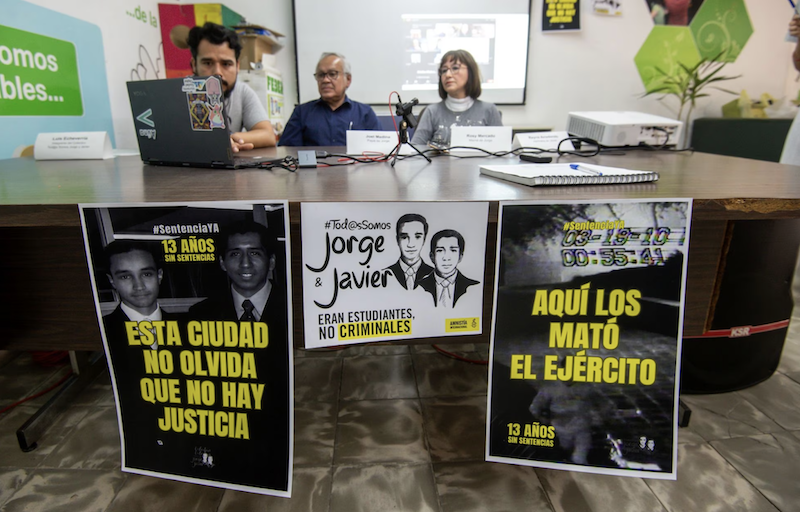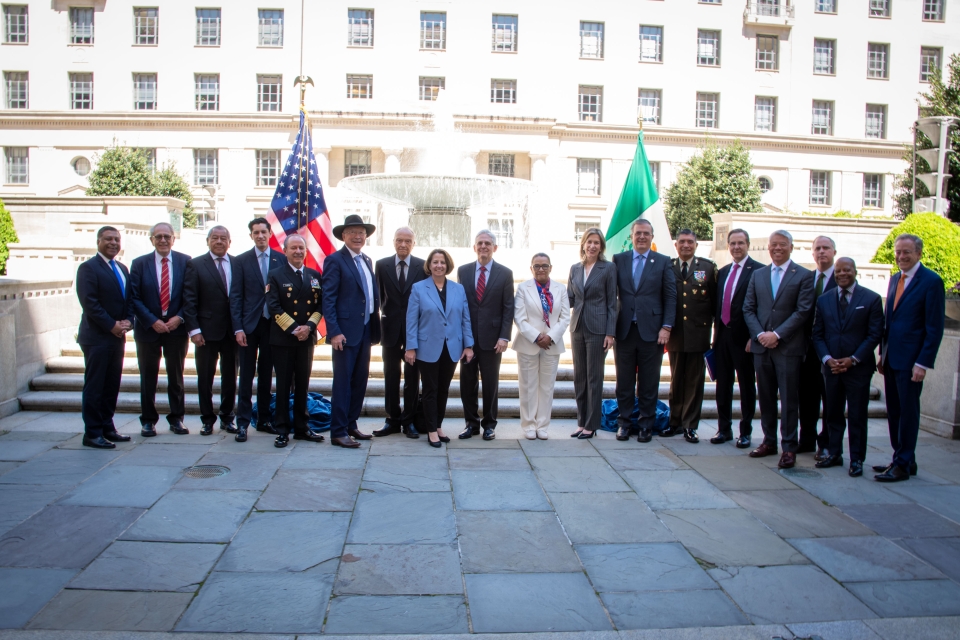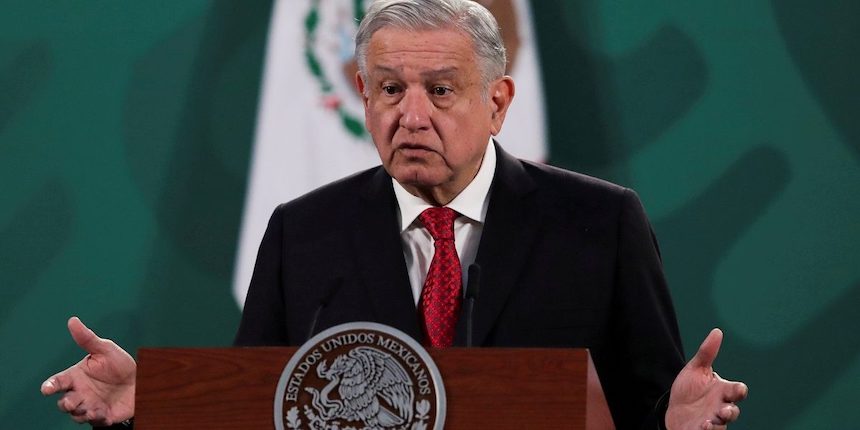
12/30/13 (written by cmolzahn) — In its Corruption Perceptions Index for 2013, Transparency International ranks Mexico 106th out of 177 countries around the world, tied with Bolivia. The index assigned Mexico a score of 34 on a scale of 100, with 0 being highly corrupt, and 100 very clean. Scores range from Denmark and New Zealand with scores of 91, to Afghanistan, North Korea, and Somalia each with a score of 8. Venezuela, with a score of 20, is the lowest-ranking country in Latin America, while Uruguay ranks highest with a score of 73. Argentina is the only other regional G-20 country ranking as low as Mexico, with Brazil ranking 72nd, with a score of 42. Mexico had the same score of 34 in last year’s Corruption Perceptions Index, ranking one spot higher at 105. Mexico has maintained a score of between 30 and 36 since the index’s inception in 1995, with the exception of 1997 when it had a score of 26.
In July, Transparency International released its annual Global Corruption Barometer, which showed the Mexican citizenry’s distrust in its public servants, and lack of confidence in officials’ efforts to reduce corruption. 52% of respondents said that in the past two years corruption had “increased a lot,” while an additional 19% said it had “increased a little.” 21% said it had “stayed the same,” while just 8% said it had “decreased a little,” or “decreased a lot.” 30% of respondents said that the government’s actions in fighting corruption are “very ineffective,” while an additional 43% said they are “ineffective.” 17% said that they are “neither effective nor ineffective,” while just 11% say they are “effective” or “very effective.” 91% of respondents expressed that Mexico’s political parties are corrupt or extremely corrupt, while 90% said the same of the country’s police forces. The results also revealed that bribery is commonplace in Mexico, with 55% of respondents reporting that they had paid a bribe to a member of the judiciary in the past 12 months, and 61% having paid a bribe to the police.

Aside from the immediate personal costs of corruption, business leaders stress that it is a significant detriment to Mexico’s economic competitiveness. Juan Pablo Castañón Castañón, president of Mexico’s business coalition Confederación Patronal de la República Mexicana (Coparmex), said that corruption imposes additional costs on Mexican businesses. Coparmex’s Federal District (Distrito Federal, DF) branch reports that businesses in the nation’s capitol devote 15% of startup investments to paying public officials to speed up the onerous bureaucratic processes for opening a business. Moreover, according to the Center for Economic Studies of the Private Sector (Centro de Estudios Económicos del Sector Privado, Ceesp), the cost of corruption in Mexico equals nearly 10% of gross domestic product.
Meanwhile, a story published in December in Forbes entitled “The 10 Most Corrupt Mexicans of 2013” has created waves in Mexico. Former leader of Mexico’s teacher’s union Elba Esther Gordillo and current Pemex workers union leader Carlos Romero Deschamps made their way onto the list, as did Raúl Salinas de Gortari, brother of former President Carlos Salinas Gortari. Former Public Security Secretary Genaro García Luna was also included, in response to which he broke a one-year public silence in a letter to Steve Forbes calling the claims against him “lies and lack[ing] journalistic rigor.” Also included were Andrés Granier, Tomás Yarrington, Humberto Moreira, Fidel Herrera, and Arturo Montiel, all former governors from the ruling Institutional Revolutionary Party (Partido Revolucionario Institucional, PRI). Also on the list was Alejandra Sota, former spokesperson for the Calderón administration, who is under investigation for allegations of embezzlement and influence trafficking. Sota has objected to her inclusion, as has Humberto Moreira, who publicly demanded an apology from Forbes.
In the meantime, the Mexican Congress is making progress toward the passage of a new anti-corruption law that would open the doors for the creation of an autonomous agency that would replace the current federal anti-corruption ministry (Secretaría de la Función Pública, SFP). The bill now passes to the chamber of deputies. The anti-corruption agency will also be replicated in each of the Mexican states and the Federal District, and will have similar autonomy there to address corruption on the state and municipal levels. Along with the recently passed transparency law, the creation of a special prosecutor for political corruption as part of the recent political reform, and limits placed on debts that state governments can amass, Mexican lawmakers hope that this bill will represent a substantial step forward in ensuring that official business is carried out with propriety and accountability.
Sources:
“Corrupción es ancla de México en competitividad.” El Financiero. December 4, 2013.
Estevez, Dolia. “The 10 Most Corrupt Mexicans of 2013.” Forbes. December 16, 2013.
“Global Corruption Barometer 2013.” Transparency International. Accessed December 29, 2013.
“Corruption Perceptions Index 2013.” Transparency International. Accessed December 29, 2013.




